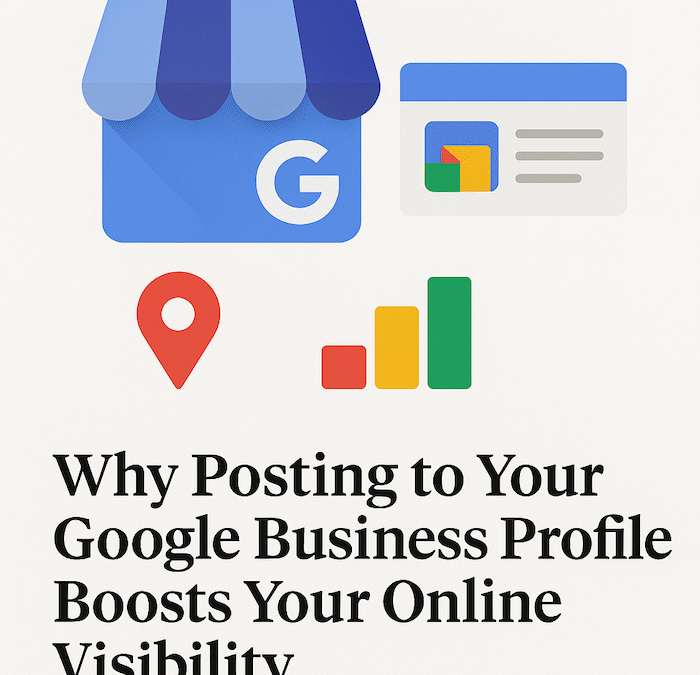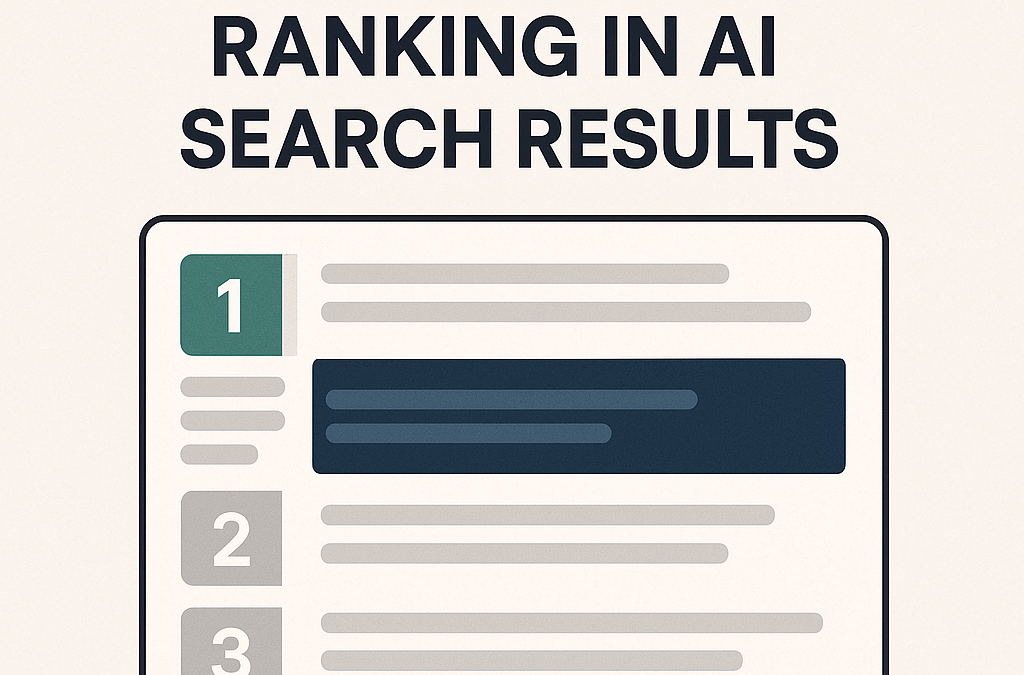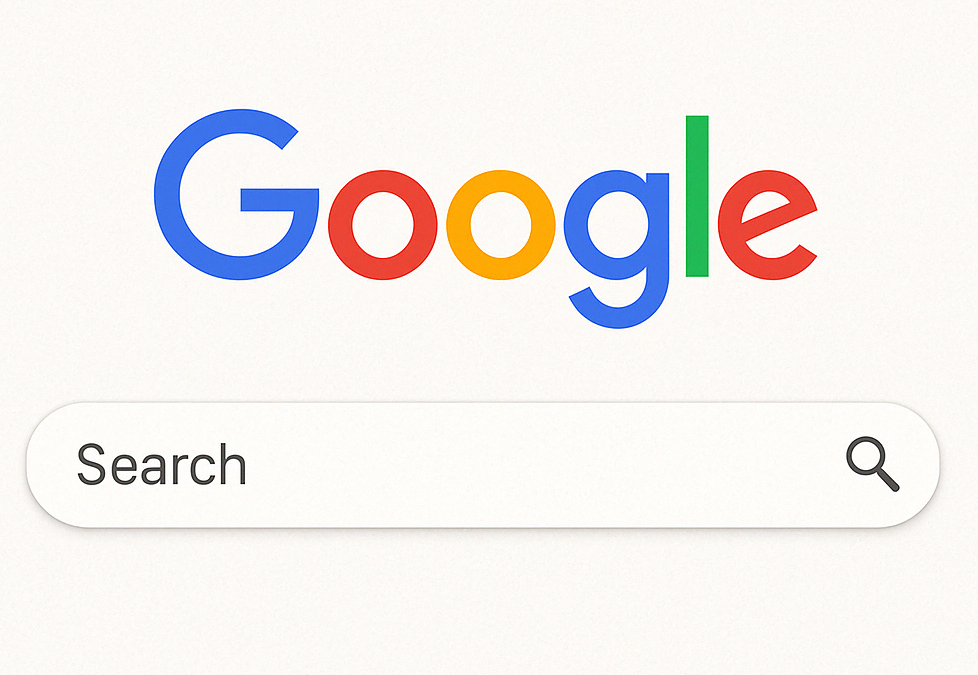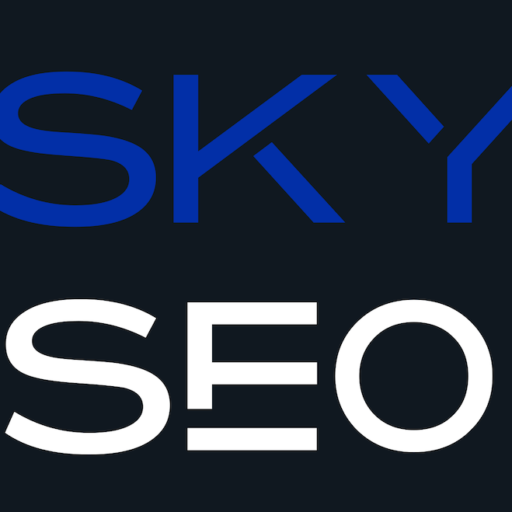In the complex realm of search engine optimization (SEO), numerous myths and misconceptions persist, often leading to confusion and ineffective strategies.
To empower digital marketers and website owners with accurate information, we embark on a journey to debunk ten common SEO myths.
By unraveling the truth and dispelling misconceptions, we aim to equip you with the knowledge needed to navigate and thrive in today’s ever-evolving SEO landscape.
1. Myth: Keyword density is crucial for high rankings.
Fact: In the past, keyword density held significant weight, but search engines have evolved. Today, they prioritize content quality, user experience, and context. While keywords remain important, strategic placement and natural integration within engaging and informative content have a more substantial impact on rankings.
2. Myth: Meta tags have lost their significance.
Fact: Despite search engines relying less on meta tags alone for rankings, they still serve a crucial purpose. Optimizing meta tags, such as title tags and meta descriptions, enhances click-through rates and provides valuable context to search engines, helping them understand your content better.
3. Myth: Link building is no longer relevant.
Fact: Link building remains a fundamental aspect of SEO; however, the emphasis has shifted from quantity to quality. Acquiring high-quality backlinks from reputable and relevant websites significantly boosts your website’s authority and visibility in search results. Building genuine relationships, creating valuable content, and employing outreach strategies are key to successful link building.
4. Myth: SEO is a one-time task.
Fact: SEO is an ongoing process that demands consistent effort and adaptation. Search engine algorithms continually evolve, user behavior changes, and new competitors emerge. Regularly monitoring and optimizing SEO elements like content, keywords, and technical aspects are vital to maintaining and improving organic search performance.
5. Myth: Social media directly impacts SEO rankings.
Fact: While social media signals indirectly influence SEO, there is no direct causation between social media activity and search engine rankings. However, an effective social media presence can generate brand awareness, attract traffic, and potentially earn valuable backlinks. Integrating social media into your overall digital marketing strategy indirectly benefits your SEO efforts.
6. Myth: More pages equal better SEO.
Fact: Quantity alone does not guarantee improved SEO performance. Rather than focusing on sheer volume, prioritize creating high-quality, relevant, and informative content that resonates with your target audience. Search engines value user engagement metrics such as time on page, bounce rates, and social shares. Emphasizing content quality over quantity is crucial for sustainable SEO success.
7. Myth: Paid advertising helps organic search rankings.
Fact: Paid advertising, such as Google Ads, does not directly influence organic search rankings. While it can generate immediate visibility and traffic, organic rankings are determined by the relevance and quality of your website’s content and SEO efforts. Paid advertising and SEO can complement each other as part of a comprehensive digital marketing strategy.
8. Myth: SEO is all about ranking number one.
Fact: While achieving a top ranking is desirable, it’s not the sole metric of SEO success. The ultimate goal is to generate organic traffic, increase conversions, and enhance the overall user experience. A holistic approach to SEO involves optimizing for user intent, delivering valuable content, and establishing authority within your niche.
9. Myth: SEO is all about tricking search engines.
Fact: SEO is about optimizing your website to be search engine and user-friendly, not about deceiving search algorithms. Employing unethical tactics like keyword stuffing, hidden text, or spammy link schemes may lead to penalties and harm your rankings in the long run. Focus on providing valuable content and implementing ethical SEO strategies.
10. Myth: SEO results are immediate.
Fact: SEO is a long-term strategy that requires patience and persistence. It takes time for search engines to crawl and index your website, and results can take months to materialize. Consistency in optimization efforts, along with regular monitoring and adjustment, is key to achieving sustainable SEO success.
Follow Best Practices
By debunking these ten common SEO myths, we have shed light on the truth behind effective optimization strategies. Prioritize content quality, build authoritative backlinks, and stay updated with evolving SEO best practices. Remember, SEO is a dynamic and ongoing process that requires continuous learning, adaptation, and ethical implementation. Armed with accurate knowledge, you can propel your website towards long-term success in the competitive online landscape.









